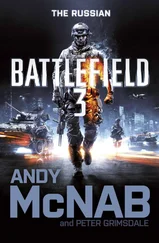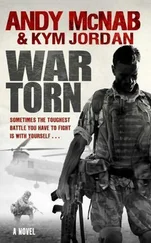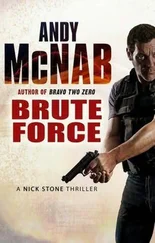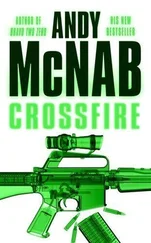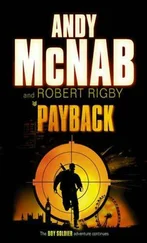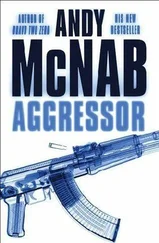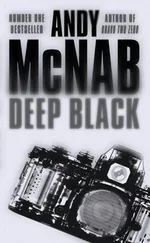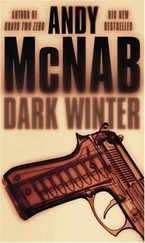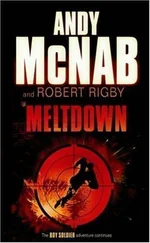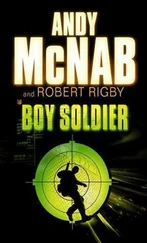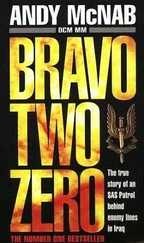As we trickled along, Tehran became more and more of a contradiction. One moment we were passing modern glass-and-steel office blocks that could have come straight from Dubai, the next I was staring into decrepit alleyways or at water-streaked concrete tenements that could have been designed by Stalin. And ten seconds later I could almost have been back in the Mall of the Emirates. Posters for Levis, iPods and Sanyo TVs were everywhere. Britney and Hannah Montana filled CD-shop windows.
Fast-food outlets sold Thai and Chinese on plastic trays. Young men wore Western clothes and shared hookahs at out-door restaurants. Outsiders might have expected angry crowds ready to stone any woman who showed a bit of ankle, but I saw plenty with their headscarves pushed back – a trick that must have kept them within the rules laid down by the ayatollahs, but only just.
If I was ever in any doubt about exactly where I was, the giant murals of Iran’s leaders, past and present, were constantly there to remind me. Top of the pops was Khomeini, whose face scowled back at me from the sides of buildings in every square we inched through. Next in the popularity stakes was the present Supreme Leader, Ayatollah Khamenei, and behind him the president, Ahmadinejad – the lad who had made windcheaters the must-have clothing item in this neck of the woods, and who’d threatened to wipe Israel and the West right off the map. The only way I remembered his name was by pronouncing it ‘Armoured-dinner-jacket’, but I didn’t tell Majid.
‘You like what you see, Mr Munley?’
‘It’s different.’
‘Oh? I have never been to London. Tell me.’
‘You don’t see murals of Margaret Thatcher or Tony Blair on the sides of buildings in London – but nobody liked them very much.’
Majid laughed.
We passed a billboard that displayed an evil-looking Bush, blood running from his pointed teeth. ‘ Marg bar amrika ,’ it said. I knew that one: ‘Death to America’.
Majid felt the need to explain. ‘You have to remember that in Iran our president answers directly to our Supreme Leader and the Supreme Leader is God’s chosen representative – a descendant of the Prophet Muhammad, peace be upon him. We note with amusement that it is Mr Ahmadinejad, our elected president, who receives a most unfavourable press in the West, but what your colleagues appear to forget, Mr Munley, is that it is the Supreme Leader who wields all the power. And the Supreme Leader, our spiritual guide, is given his mandate by God…’
There were also lots of posters in shop windows and pasted on walls showing the two main faces fighting the presidential election in June. Hard-liner Armoured-dinner-jacket and the reformist and former prime minister Mousavi. I’d lay money on who Majid was going to vote for.
Almost two hours after we left the airport, we finally arrived at a hotel that seemed to offer the best of both worlds – a tall glass-and-concrete number that looked like Stalin had designed it after a night on the piss at the Burj Al-Arab.
Majid handed me his business card and told me to call him if I had any problems. ‘Day or night, Mr Munley. I am here to help. May I suggest that you do not walk around the city? This is a free country, but Tehran has its darker side, like all capital cities, and the traffic can be dangerous. By now you will know that it can come at you from any direction. If you would like to go anywhere, see anything of our great city, Mr Munley, the driver and I will take you. It would be our pleasure. And please, Mr Munley, always have your passport with you at all times. For your own safety, you understand.’
As we walked towards the lobby, Majid pointed down the street to a busy junction. ‘We are on Mofateh Street. The big road that crosses it there is Taleqani Avenue. The Alborz Mountains – the range you saw as we drove in, and will see from your room – lie to the north of the city.’
He smiled again and this time I noticed a row of chipped white teeth. ‘Mr Munley, you have me as your guide. As I say, you can call me day or night. No problem too large or too small.’ He pointed to the card he’d given me. ‘What time do you want to arrive at the exhibition?’
‘How about as soon as it opens? I always like to be one of the first. Get to know the ground, that sort of thing.’
‘The exhibition centre is some way to the north. I will be here at six thirty. We have to allow for the traffic. Do you need any help checking in?’
‘No, you’re all right, mate. I’ll be fine.’
I bent down to get a view of the driver and gave him a wave. ‘See you later, mate.’
My room was on the seventh floor. It wasn’t much bigger than my cell at Paddington Green and stank of old cigarettes, but there was no point asking them to change from the one Majid had picked for me. How else would he have known what I could see from my window?
All the foreigners’ rooms would be crawling with surveillance devices. Even looking for the mikes and their transmitters would flag up things about me I didn’t want them to know. After all, I was just a geek journalist.
The view from the window made up for everything. I moved the plastic garden chair and got comfortable. Set between high-rise hotels and office buildings I picked out the spindly outline of the Milad Tower, the fourth tallest in the world, Majid had told me with some excitement, and the glowing minarets and dome of Khomeini’s shrine, another landmark he had proudly pointed out to me on the drive in.
I wondered what Altun was doing right now. Something more interesting than counting cars and minarets, I was sure. If his picture was anything to go by, he’d followed the Shah’s example and embraced all the trappings of the American Dream. Come the revolution, he’d slipped seamlessly into the new way of life. Maybe he was like the KGB guys before the Wall had come down, just someone who saw what was coming and adapted to make the best of it.
From then on, Julian reckoned, he’d been climbing the greasy pole. First as a back-room boy during the Iran-Contra scandal. He was still a back-room boy, by the sound of it, but one who’d helped Armoured-dinner-jacket into power – and was still the main broker when it came to deals between Iran and anyone who had a beef with the West. I bet that made him a very busy man.
The trouble was, Julian had no information on where he might be. It was reasonable to assume he still lived in the city, but that wasn’t going to help me get a cab to his place.
There was no getting away from the fact that this city was the capital of the most powerful and stable country in the Middle East. The lads buzzing about in their cars below me knew it wasn’t called the Persian Gulf for nothing. They were busy riding the Islamic fundamentalist wave and wiping out the last vestiges of a secular Middle East.
They weren’t doing the mad-mullah thing, though. They were cleverer than that. Armoured-dinner-jacket and his pals pursued Iran’s interests coldly, rationally and methodically. They were fighting an asymmetric war. Why take on the West militarily when they’d lose? Better to back a bunch of other nutters and let them do the fighting.
Everything boiled down to one central objective: clearing out the old Sunni order, the foundation stone of American interests in the Middle East. With Saddam – a Sunni – gone, they had a very friendly Shia government in Baghdad. They were backing the Taliban in Afghanistan and Pakistan, both Sunni power bases. How long could they last? The Af-Pak situation was a nightmare, and a fight Obama might very well lose. Then there was US-friendly Saudi Arabia with a Sunni royal family to sort out – and Altun tucked away in the shadows, keeping the pot on the boil by supplying weapons and the means to fight the jihad without Iran having to commit a single soldier.
Читать дальше

